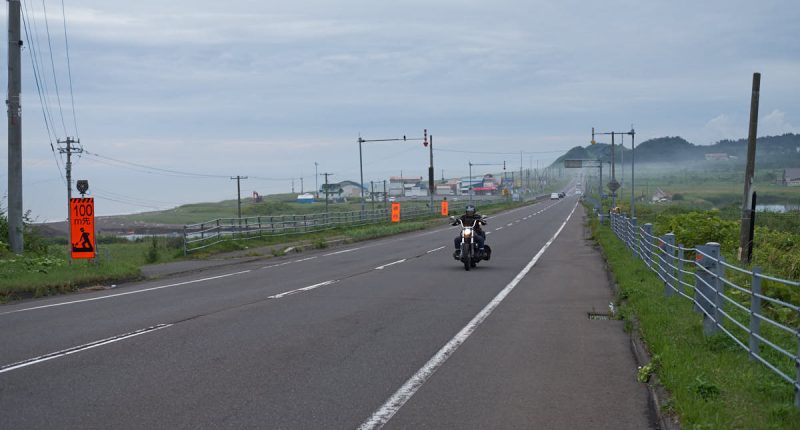While a motorcycle can be the best way to get off the beaten track and see some of the country’s less well-trodden paths, ownership can be costly. Below are some of the things to consider beyond the obvious (e.g. insurance) before deciding on a purchase.
Parking
Especially if you’re living in Tokyo, then parking may well be the biggest expense of ownership apart from buying the motorcycle itself. While scooters can often be squeezed up next to a wall or casually slid in between the bicycle racks, the size of larger bikes means that a dedicated parking space is needed (and required by the owners of the mansion apartment buildings). Unfortunately, not many apartments and mansions have parking for big sports bikes and Harleys and so many owners are faced with searching for a rental parking spot a short distance from where they live. Prices differ, but for central areas like Minato or Shibuya Ward a parking space can cost as much as ¥15,000 ($101) per month (and even then you’re not guaranteed that your precious machine will be covered from the elements).
Liability Insurance
Liability insurance (自賠責保険, jibaisekihoken) is mandatory. It is essentially insurance to cover payouts in the event of injury or death on the road. The cost will be included in the purchase price if you are buying a new motorcycle or will be a component of the mandatory inspection explained below. Incidentally, the statutory punishment for driving without liability insurance is up to one year in prison or up to ¥500,000 ($3,361) in fines as well as suspension of your driving license. The cost depends on the period of coverage as well as the classification of bike, but for reference 24-month coverage for a motorcycle over 250cc is around ¥12,000.
Liability insurance is separate to general insurance (which is optional in Japan). Like anywhere, costs of general insurance depend on a multitude of factors, but taking out additional insurance is highly advisable as there are many risks not covered by the mandatory liability insurance (e.g. damage to the other person’s vehicle).
Inspection
This is called “shaken” (車検). It is a bi-annual (once every other year) service inspection something like the MOT test in the United Kingdom. Included in the cost are the mandatory liability insurance explained above and a weight tax (重量税, jūryōzei) which is calculated as a factor of the vehicle’s classification, age, and weight. Add in any work that is deemed to be required to get the motorcycle to pass the shaken and costs can quickly escalate. ¥40,000 to ¥50,000 seems fairly typical before repairs. Incidentally, new motorcycles are covered for a period of three years at the time of registration so there is no need for an inspection during this period.
You need to take four documents with you for an inspection.
- Certificate of inspection (自動車検査証)
- Liability insurance certificate (自動車損害賠償責任保険証明書)
- Payment of tax certificate (軽自動車納税証明書)
- Inkan (stamp / personal seal)
Without these documents the bike will not be accepted for inspection. Note further that if your inspection period has expired you are not legally allowed to ride the motorbike and so will need to have the garage collect it for you. You should make an appointment by phone. The motorcycle is eligible for inspection from one month before the date of expiry of your current inspection certificate.
Because a valid liability insurance certificate is required for inspection, the shaken expiry date and liability insurance expiry date are usually more or less aligned (especially since when buying a new vehicle the period of coverage for the insurance will be set at three years—the same as the inspection validity period).
Light Vehicle Tax
Light Vehicle Tax (軽自動車税, keijidōshazei) is payable by the registered owner of the vehicle as at 1 April each year. An invoice will be sent in the post with payment due by the end of May. As of 2019, the tax is ¥6,000 (see here for more details—Japanese only) for large displacement bikes (400cc and above).





